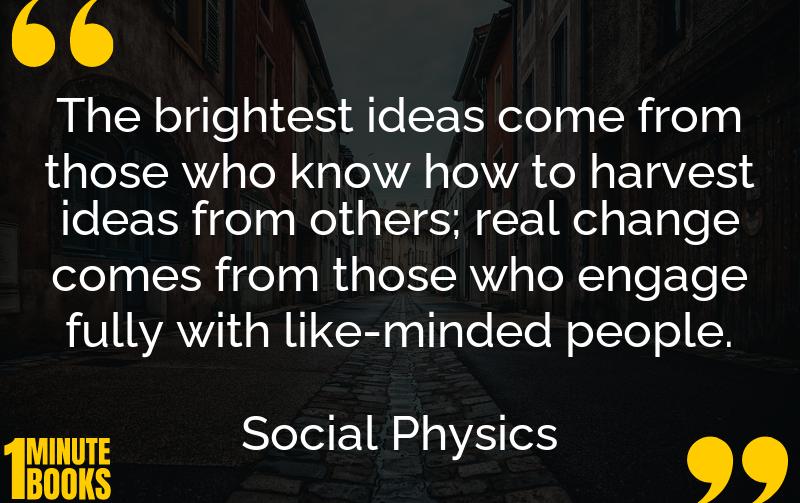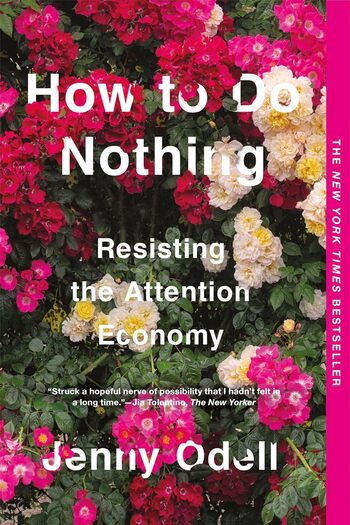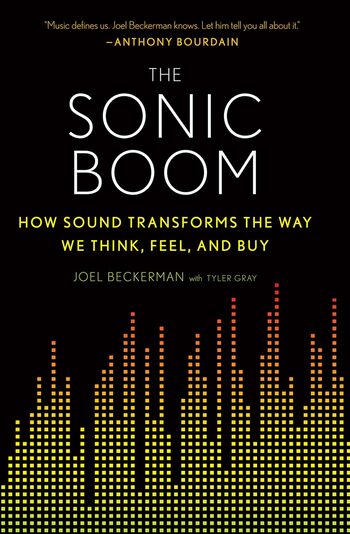
Social Physics explores how big data reveals the flow of ideas shaping human behavior. Pentland shows that peer influence impacts beliefs and productivity, proposing a ‘new deal’ on data to balance privacy and societal benefits.
Main Lessons
- Big data from digital interactions helps us understand human behavior and societal dynamics.
- Peer influence heavily impacts individual preferences, behaviors, and political beliefs.
- Working as a cohesive team enhances idea flow and boosts collective productivity.
- Motivation driven by community engagement can outperform individual incentives.
- Balancing exploration and engagement is crucial for designing productive societies.
- Group intelligence depends on equal conversational participation and social sensitivity.
- Efficient data use can guide governance and policy for societal improvements.
- Privacy and data protection require a new societal framework to prevent abuse.
- Social networks can be leveraged to influence behavior and foster cooperation.
- A data-rich society can help predict trends and mitigate potential crises.
- Personal data is valuable and should be managed with clear privacy standards.
- Modern societal management should be based on individual interactions, not outdated class or market structures.
- Effective use of big data can lead to significant economic, social, and environmental benefits.
- Reality mining uncovers patterns, enabling the study of social learning and behavior.
- Exploration of diverse ideas encourages creativity and innovation in societies.








